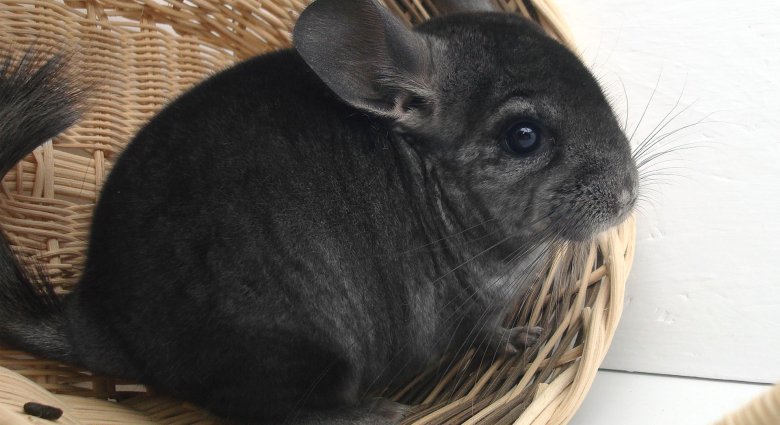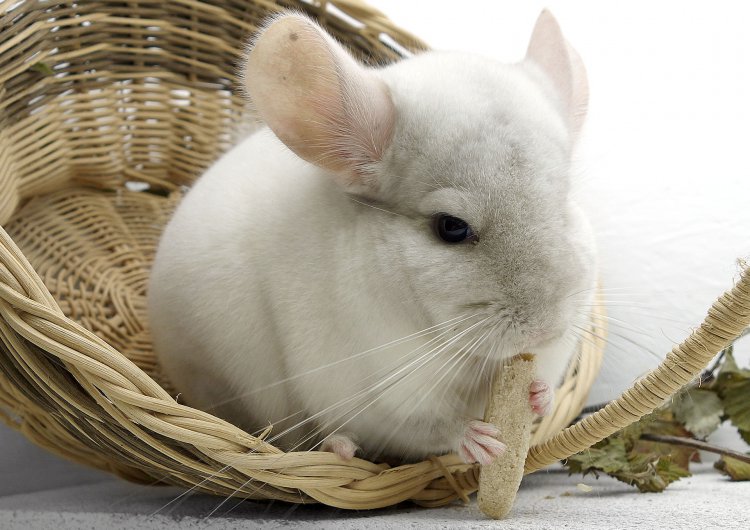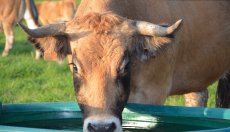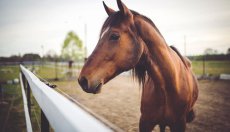
THE MOST COMMON AILMENTS OF THE CHINCHILLA
All types of illnesses that appear in small rodents, are able to destroy them almost immediately, the consequence of which may even be death. The most dangerous are ailments that we will not notice and thus will not be properly treated. Therefore, it is worth to learn something about the most common diseases that affect them.
CHINCHILLAE DISEASES AND THEIR SYMPTOMS
Often the owners of chinchillas, who do not have much experience in their kennel, very late notice that their pets suffer from something ailments. Only when the animal is judged for a few consecutive days and stops eating or drinking, do they start to be concerned about its health. Sometimes, however, it is too late to help, so you should still observe the chinchillas and monitor their behaviour on a daily basis.
THE MOST COMMON CHINCHILLA DISEASES
- Drowsiness - chinchillas are usually quite active in the evenings, so sudden drowsiness and a lack of willingness to leave the cage may be a sign of illness. Especially if the situation is prolonged.
- lack of appetite - these animals have different nutritional needs, so there are days when they eat more or when they eat little. However, if the food remains intact in the bowl for a long time, we must go to the vet immediately.
- weight loss - fluctuations in body weight between 10 and 20g are normal, but greater weight loss should be a signal to us that something bad is happening with chinchilla. Often owners do not notice that the animal has lost weight because of the large amount of fur. It is therefore important to take the chinchilla on hand every day and weigh it on accurate electronic scales.
- skin lesions or changes in the appearance of the coat - bald cakes on the body, the unpleasant smell that comes out of them and the constant scratching of the animal are signs of problems such as mycosis or skin infections.
- chewing hair - if your pet is chewing hair, this is a sign that she is stressed. The reason can be for example lack of company, inappropriate place where the cage is located, or the climate in a given room.

CHINCHILLAS DISEASES - EPILEPSY
- convulsions/paralysis and other neurological symptoms - such symptoms may indicate serious neurological problems, so your vet should be consulted as soon as possible. There is also the possibility that the animal has a shortage of vitamins that need to be replenished.
- lack of thirst - this is a sign of illness, so it is important to change the water every day and check how much liquid they have drunk.
- too much thirst - too much water drunk by chinchilla may also be evidence of illness or a poor diet.
- crushing food - when the chinchilla begins to crush the sticks and is unable to eat anything hard, it is a signal that you should take care of its teeth.
- salivation - intensive salivation of the animal proves that the process of overgrown teeth is already very advanced. Action should be taken as soon as possible to protect the animal from death.
- Eye abscess - white secretion in the animal's eye corners may be a symptom of pneumonia, so consult your vet straight away. Sometimes it is also a sign of overgrown roots of teeth.
- no faeces - if you notice that the cap is too little or not at all, or that their colour and shape are abnormal, this can be a sign of digestion problems. Constipation can be tackled by giving the animal herbs to improve the functioning of the digestive system. It is also worth allowing the chinchilla to run around the house, because movement also has a good effect on such problems. A gentle massage of the chinchilla abdomen is also important.
CHINCHILLAS DISEASES - TREATMENT METHODS
If we are worried about chinchilla behaviour, or if we notice any of the above mentioned symptoms, we should react immediately. You should visit a good veterinarian with experience who knows how to deal with exotic animals.
View

The Do’s And Don’t’s Of Livestock Water Troughs

The process of domestication of horses






























